PROGETTO GLOBALE mirato a realizzare una sempre maggior “Qualità di vita” degli ospiti
Centralità della persona, promozione della vita, costruzione di relazioni significative sono le polarità entro cui si svolge l’azione dello “Spazio Integrato” con un rapporto intenso e giustamente articolato, capace di dare serenità e fiducia a persone spesso sole e in difficoltà.
Ai familiari è attribuito un ruolo importante all’interno dell’équipe di cura e sono graditi suggerimenti e segnalazioni allo scopo di migliorare costantemente il servizio offerto.
Attraverso questo lavoro si intende offrire agli Ospiti, uno spazio che garantisca un’assistenza globale, per rispondere alla sempre più crescente necessità di assistenza e riabilitazione, al contempo funge da “mentoring” per la famiglia stessa.
La S.R.T.R.e. funzionerà per l’intero arco dell’anno. La sua finalità è offrire un progetto riabilitativo per consentire agli ospiti di vivere in un ambiente controllato e protetto, prevedendo situazioni di emarginazione e disagio sociale.
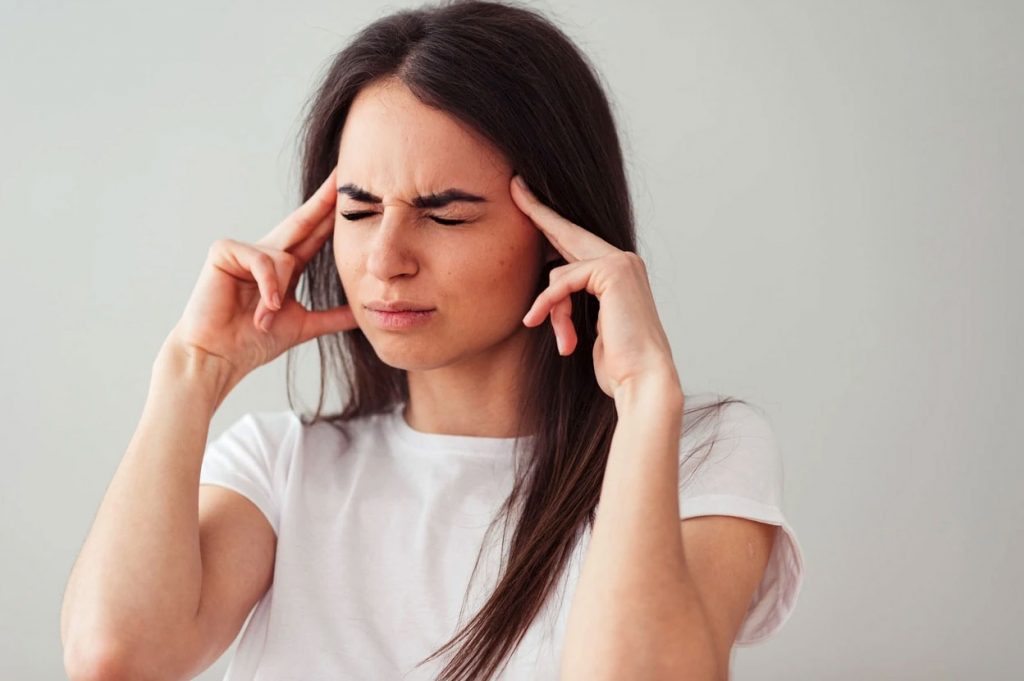
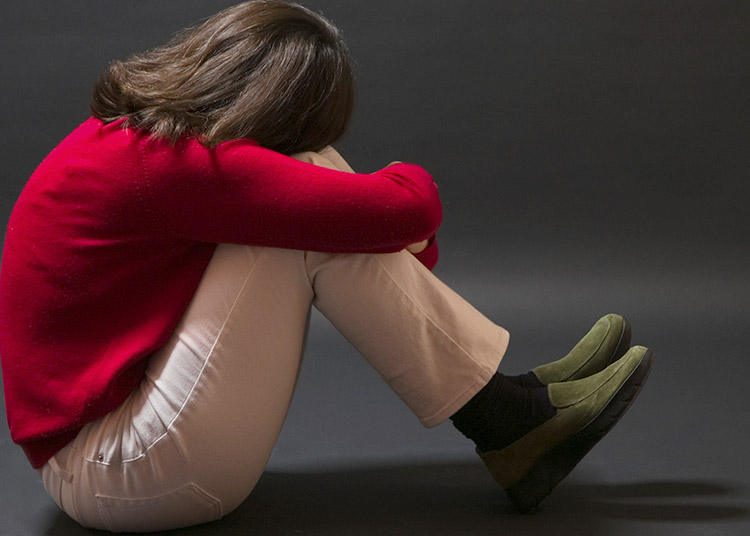
Principi ispiratori e Deontologia della Comunità
1Umiltà degli operatori
2Centralità dell’ospite
3Rispetto delle regole e del programma
4Divieto di accettare compensi o mance dagli ospiti
5Rispetto degli orari
Programma terapeutico
Il programma terapeutico riabilitativo proposto dalla CTR Comunità Terapeutica Riabilitativa “Villa Belvedere” prevede un piano di trattamento pluralistico integrato che ha come suoi principi cardine un lavoro psicologico-clinico riabilitativo, fondato su un contratto terapeutico specifico elaborato ad hoc per singolo Ospite da parte dell’équipe multidisciplinare con Obiettivi e verifiche a breve, medio e lungo termine. Il progetto Terapeutico-Riabilitativo individualizzato è della durata di circa 18/24 mesi e viene realizzato dall’équipe costituita dal medico Psichiatra, dalle Psicologhe-Psicoterapeute e dal personale infermieristico della Comunità, attraverso un lavoro sia individuale di sostegno psicologico che di gruppo. Il programma terapeutico riabilitativo risulta essere anche pertinente e completo per un tipo di riabilitazione delle tossicodipendenze ”con un programma specifico e strutturato ad hoc per l’area dipendenza da alcool e sostanze psico-trope e doppia diagnosi. Tale percorso terapeutico prevede un “lavoro psico-terapico strutturato” incentrato sulle seguenti aree:
1
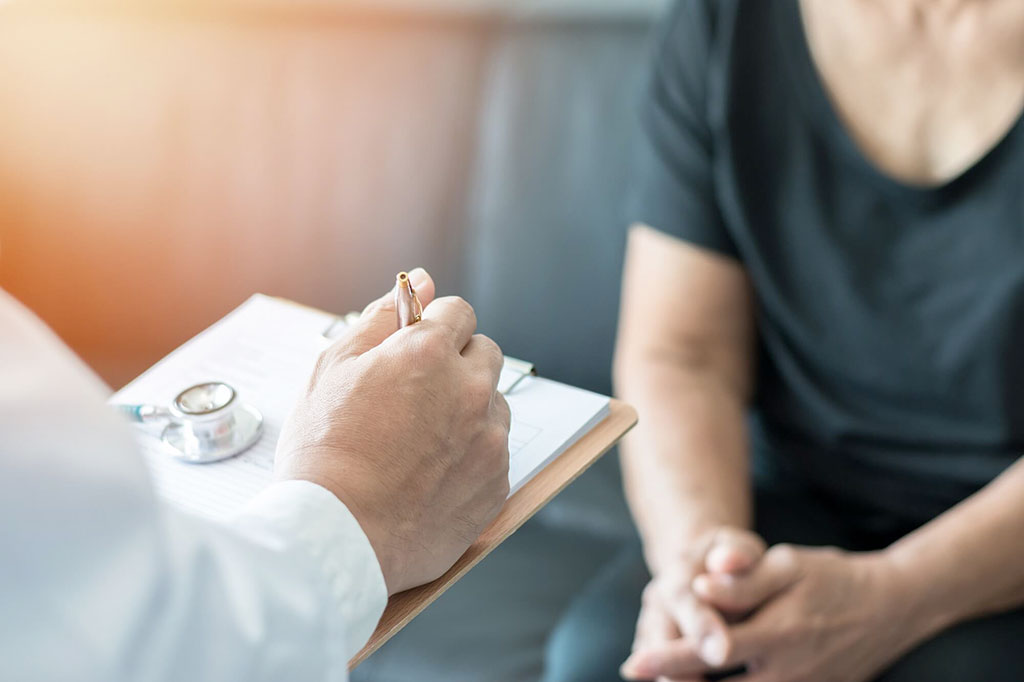
Area Psicopatologica
I nuclei tematici su cui è incentrato il piano di trattamento sono circoscritti a un excursus evolutivo fenomenologico integrato circa la gestione e la correzione di comportamenti devianti, la gestione delle emozioni; la gestione degli impulsi e dell’aggressività; un adeguato esame di realtà (comprensione dei propri limiti, auto-efficacia percepita, un lavoro profondo sull’autostima); l’acquisizione di un sano stile di vita; un percorso terapeutico che ha la sua efficacia ed efficienza clinica circa la sana cura di sé e dell’ immagine corporea; il conseguimento di un elevato stile di coping e resilienza; una congrua rappresentazione di sé e dell’altro; un livello adeguato e reale di auto-consapevolezza delle condizioni di dipendenza patologica così da elaborare un piano di trattamento ad hoc con elevato monitoraggio degli Obiettivi terapeutici a breve, medio e lungo termine.
2
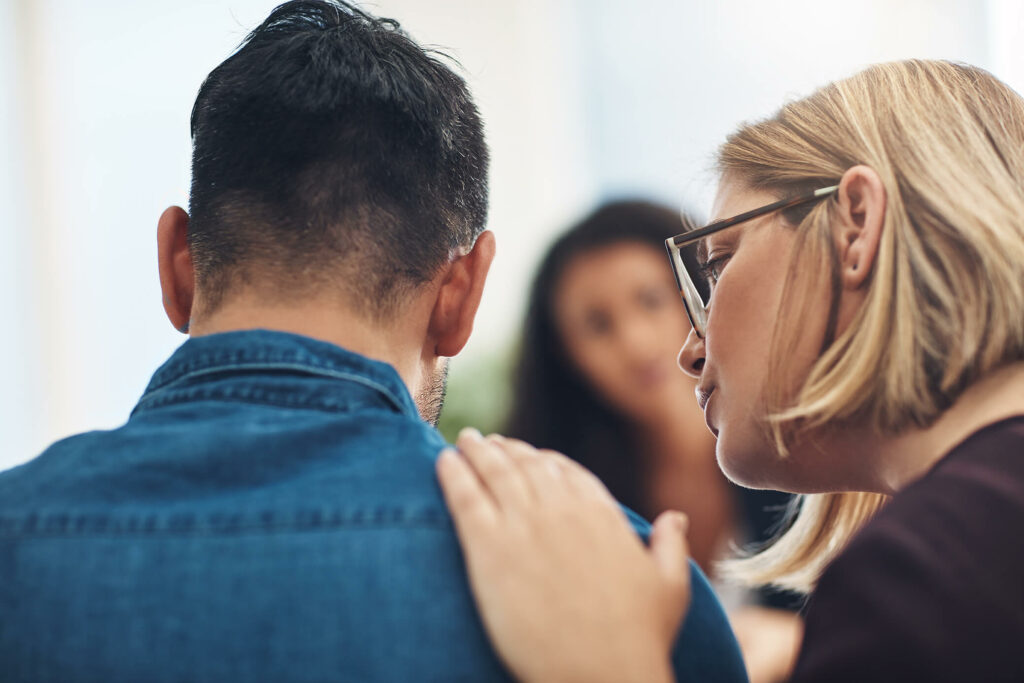
Area Motivazionale
I nuclei tematici su cui è incentrato il piano di trattamento sono circoscritti a un excursus evolutivo fenomenologico integrato circa la motivazione alla frequentazione ai laboratori esperienziali, worshops in setting di gruppo, la motivazione all’effettuazione del programma riabilitativo, l’atteggiamento verso il precedente stile di vita e un’adeguata interpretazione circa le eventuali ricadute. Le attività Terapeutico-Riabilitative consistono in laboratori esperienziali in setting di gruppo, nella fattispecie laboratori esperienziali di Arte-terapia in setting di gruppo con elementi di Psico-terapia della Gestalt, Laboratori socio-ricreativi (giochi di società, Karaoke, DanzaMovimentoTerapia), Laboratori di Psico-linguistica con sessioni di formazione all’apprendimento creativo della Lingua Inglese (progetti di formazione finalizzati al re-inserimento lavorativo), Laboratori espressivo-verbali (gruppo giornale con lettura e commento degli articoli scelti e gruppo di lettura di testi didascalici e di favole con riflessione su di sè e condivisione rispetto ai propri vissuti affettivo-emotivi e cognitivi), gruppi di auto e mutuo-aiuto e gruppi psico-educativi.
3
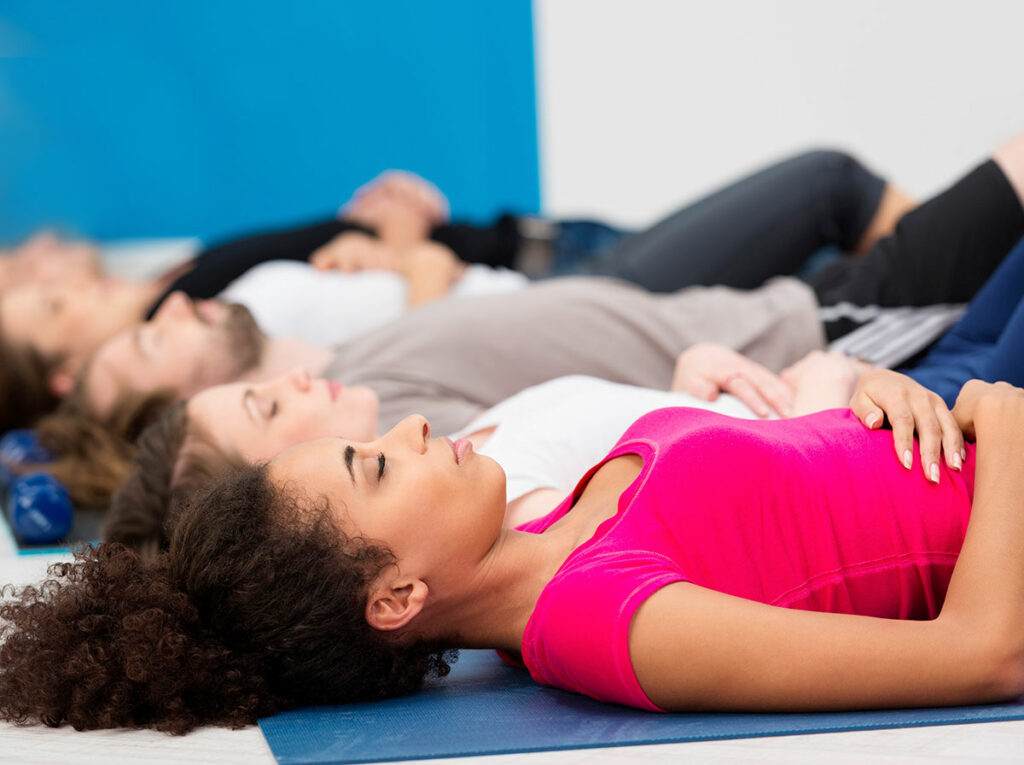
Area Psicosomatica-Psicocorporea
I nuclei tematici su cui è incentrato il piano di trattamento sono circoscritti a un excursus funzionale-corporeo che valuta e lavora sul paziente tenendo conto dei quattro piani funzionali (piano cognitivo-simbolico, piano emotivo, piano posturale, piano fisiologico). Il paziente viene considerato in modo multidimensionale (psiche e corpo) come unità intera e non frammentata. In riferimento a questo vengono proposte Classi di Esercizi di Bioenergetica, Gruppi Dinamici Esperienziali (Si lavora su Funzionamenti Di Fondo, Esperienze di Base disfunzionali), Tecniche di Respirazione, Tecniche Anti-Stress che tengono conto della Terapia del Movimento e della Terapia della Tensione Cronica.
4
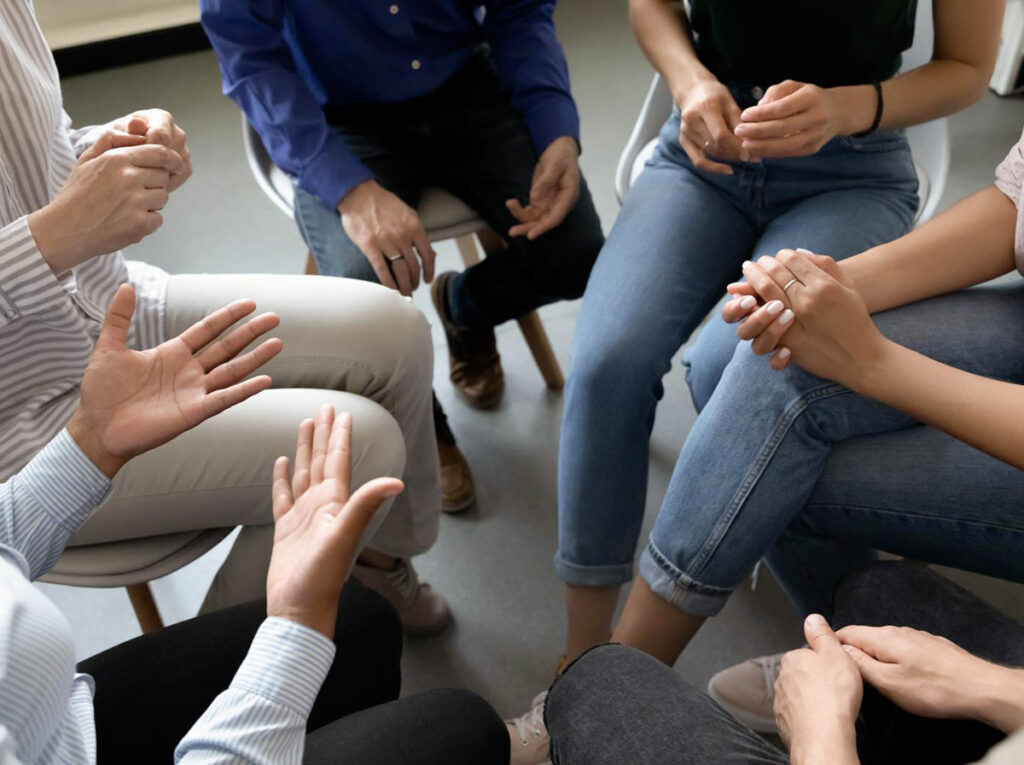
Area relazionale
I nuclei tematici su cui è incentrato il piano di trattamento sono circoscritti a un excursus evolutivo fenomenologico integrato circa la capacità relazionale in gruppo, la relazione con gli operatori, l’accettazione delle regole sociali, la co-costruzione di un rapporto armonico tra l’Ospite e la famiglia nucleare nonché con la famiglia d’origine, la costruzione e mantenimento di una rete sociale positiva.




 Mail
Mail  PEC
PEC